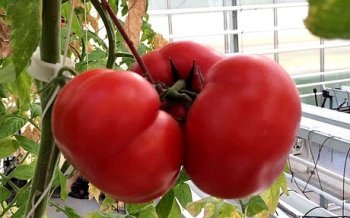
They suggested that in Flanders, as much as 86% of applied fertilisers are lost during the cultivation of crops. Only 14% of fertilisers effectively reach the consumer in the form of food. The rest of the fertiliser ends up in waste streams or enters the water or the atmosphere, which creates environmental problems.
Algae from urine
To counteract this loss of fertilisers and reduce the environmental impact of food production, researchers at Ghent University studied how fertilisers can be recovered from waste streams.
A fertiliser waste stream could be found close by, according to researcher Joeri Coppens. "Urine contains most of the nitrogen and phosphorus contained in domestic waste water and delivers these substances in concentrated form. Using a biological stabilisation process we succeeded in transforming human urine into a stable and safe nutrient solution. This solution turned out to be extremely suitable for the cultivation of microalgae. These microalgae also known as Spirulina were found to be rich in valuable proteins."
Tastier tomatoes
These microalgae were then used as organic fertiliser in tomato cultivation. The outcome was remarkable. Coppens said, "The greenhouse test showed that algae-tomatoes contain 30% more sugars and 70% more natural color pigments compared to standard tomatoes. This makes algae-tomatoes redder and sweeter than conventionally grown tomatoes."
Space applications
The results are not only relevant on earth, but also raised the interest of the European Space Agency (ESA). Coppens suggested, "This way of recycling fertilisers offers prospects for growing food on the moon or during a manned mission to Mars."
The production of algae from urine for later use as a fertiliser for crop cultivation is a unique combination of cleantech and greenhouse cultivation. The researchers are currently working on the further development of the project in collaboration with a number of industrial partners.



 Classifieds
Classifieds

